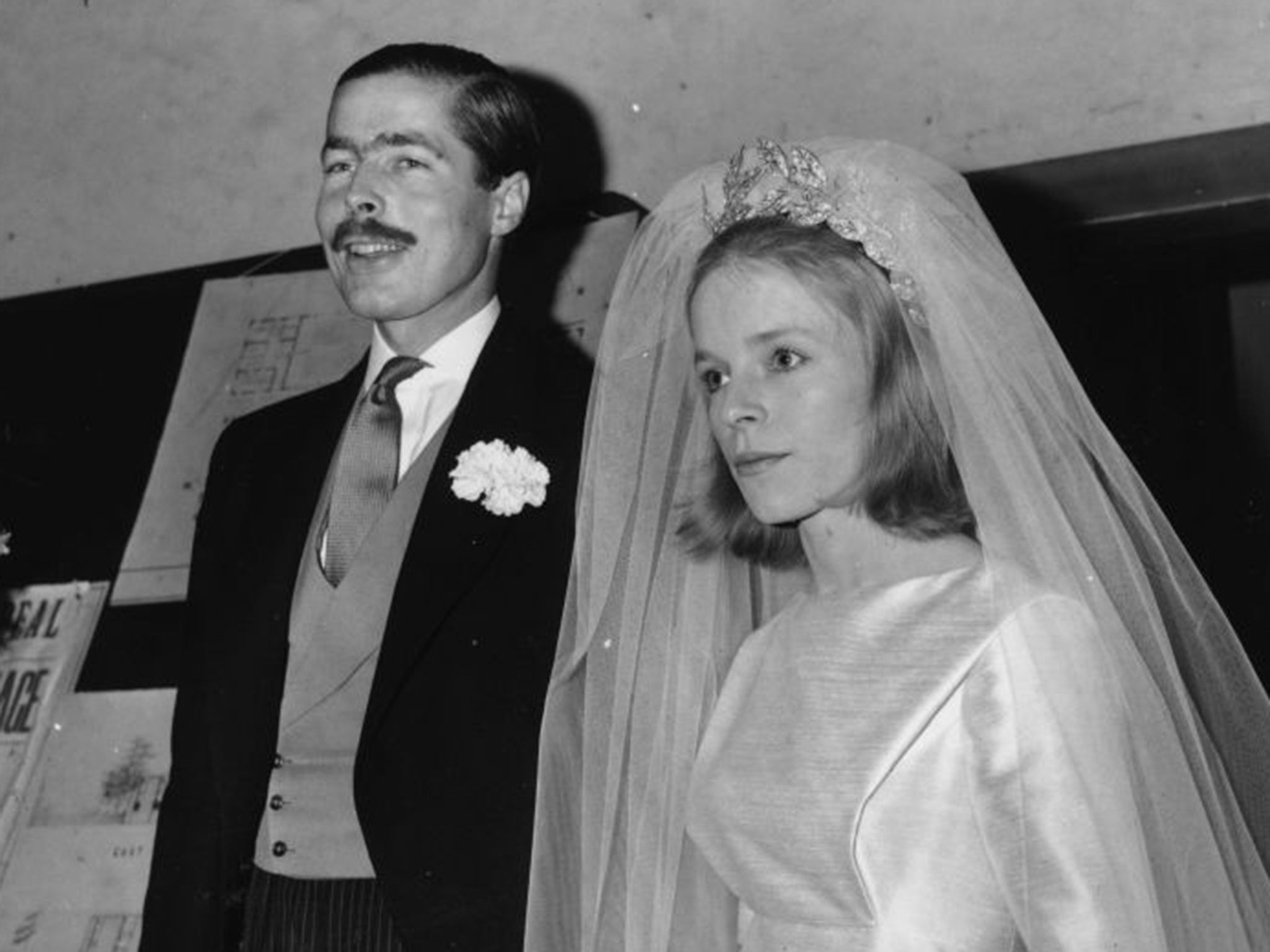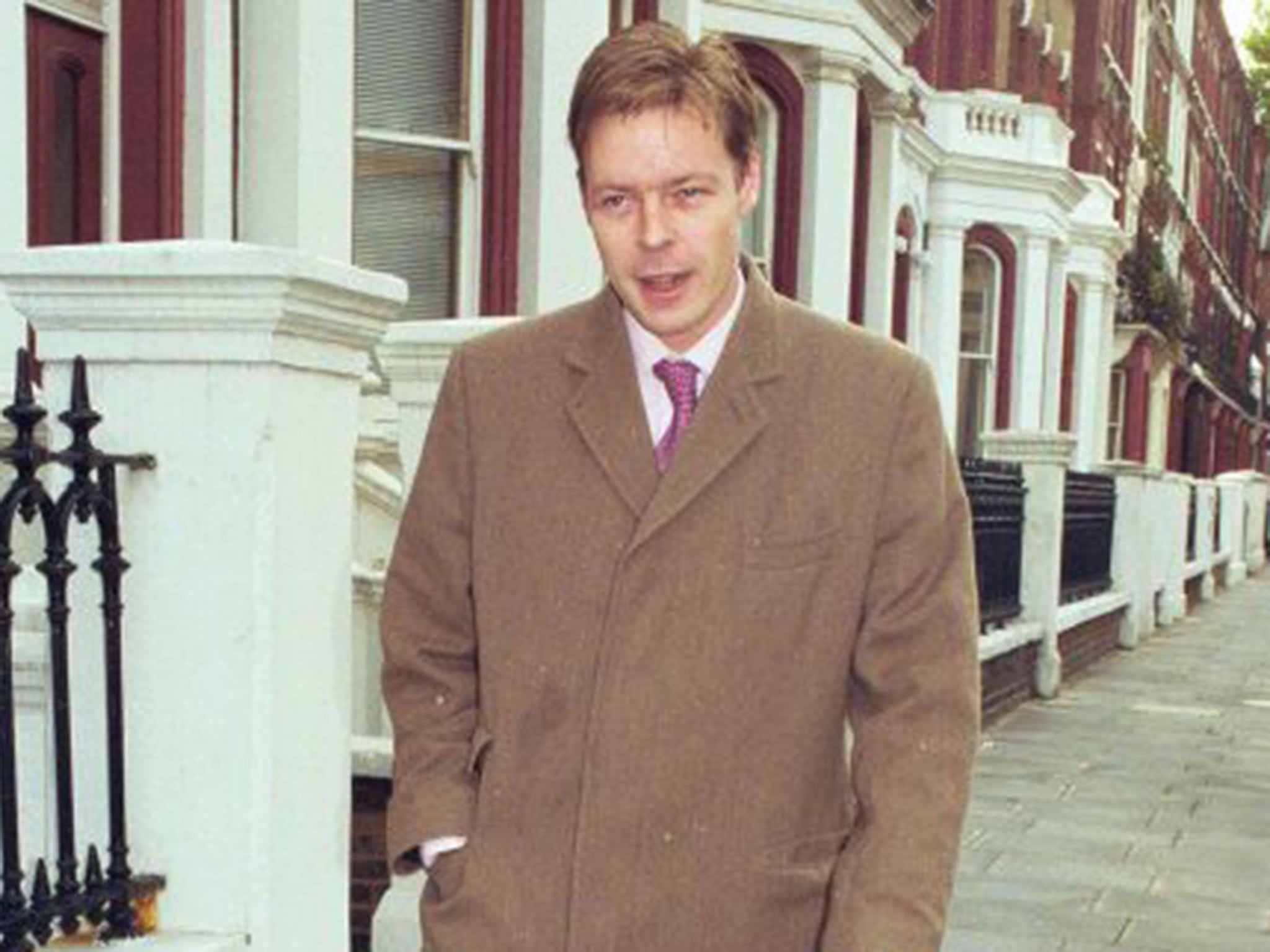Lord Lucan: How a brutal murder in a Belgravia basement created an aristocratic Loch Ness Monster
The 7th Earl of Lucan hasn't been seen since 1974

Ever since a blood-splattered Ford Corsair with a length of lead pipe in its boot was found in Newhaven on Sunday 10 November 1974, the whereabouts of Lord Lucan has been a national obsession.
In the early hours of Friday 8 November, the moustachioed peer had driven the car to the Sussex town of Uckfield - some 16 miles north of Newhaven - and spoken to his friend, Susan Maxwell-Scott.
It was to be the last confirmed sighting of the 7th Earl of Lucan - and the beginning of four decades of rumour, speculation and dogged pursuit of a man whose nickname of “Lucky” only added to a tantalising notion that he might have evaded capture for the suspected murder of his children’s nanny.

Along with glimpses of the Loch Ness Monster, the myriad sightings of Lord Lucan ever since have increasingly attained the status of a myth rooted in the popular imagination rather than any hard evidence.
But the speculation that Lord Richard John Bingham successfully fled abroad to live as a fugitive with the help of rich connections made in the demi-monde of London’s clubs and gambling dens has also long been accompanied by a frisson of plausibility.
Detective Chief Superintendent Roy Ranson, who led the initial investigation, said he believed the Ford Corsair had been left in Newhaven as a decoy and Lucan had made his way to southern Africa, living there for an unspecified but potentially lengthy number of years.
Susan Maxwell-Scott became persuaded of the view that Lucan had enlisted the help of wealthy but ruthless friends and made his way to Switzerland. The same acquaintances, she argued, decided that having the world’s most high-profile fugitive on their hands was too high a risk and had later had him killed and buried.
Quite where this sits with the account of another witness, who said Lucan was driven to a Kent airfield and boarded a light aircraft destined for France and thereafter an unknown destination, is unclear.
The pursuit of Lucan is also littered with false dawns. In 2003, a former Scotland Yard detective announced that he thought he had unearthed the earl in Goa, only for the straggle-bearded figure of his attention to turn out to be a folk singer from St Helens.
In the absence of a body, new theories are bound to emerge about the peer, who would now be 80.
Others, however, may agree with his son, George Bingham. He believes within hours of the murder his father had access to a small boat in Newhaven which he sailed out into the English Channel and, after ingesting a large quantity of sleeping pills and whisky, opened the bottom of the boat to drown.
Bookmark popover
Removed from bookmarks